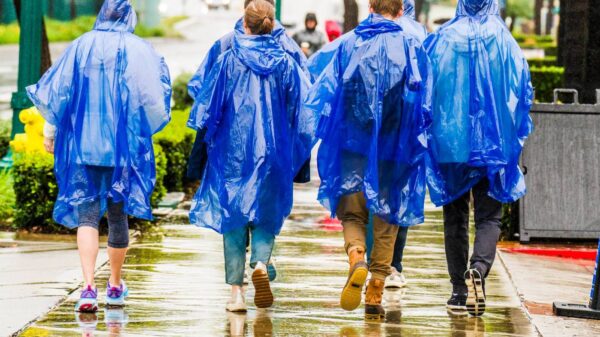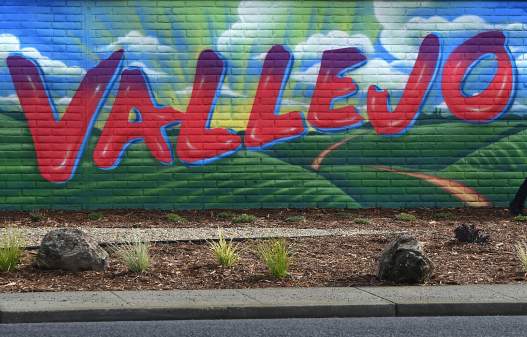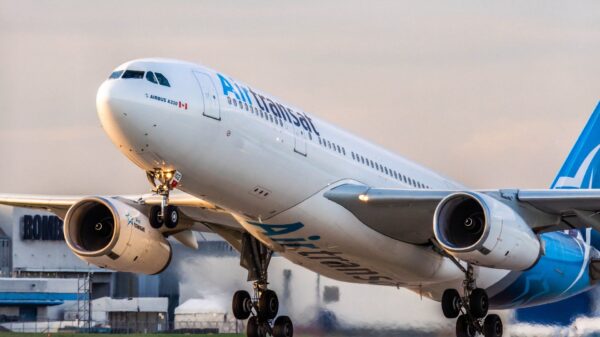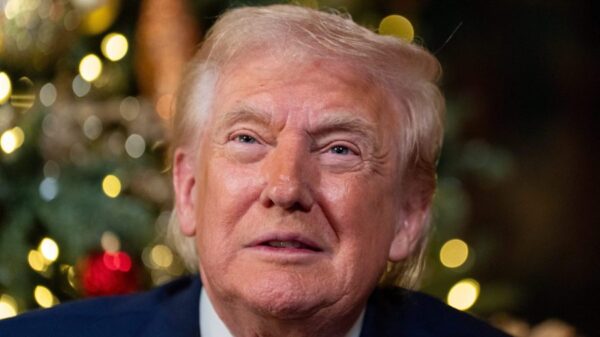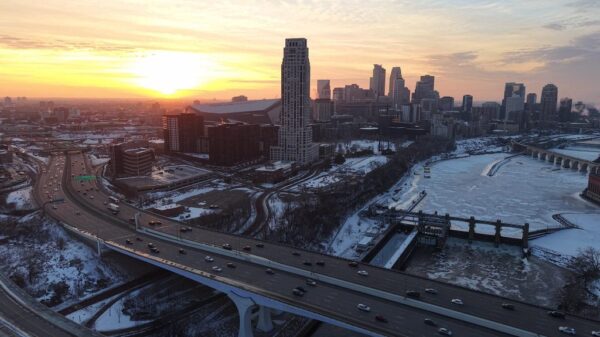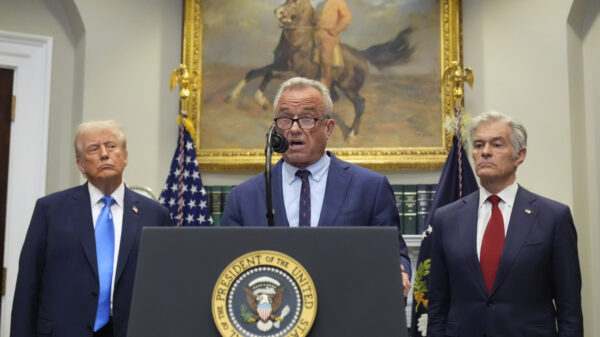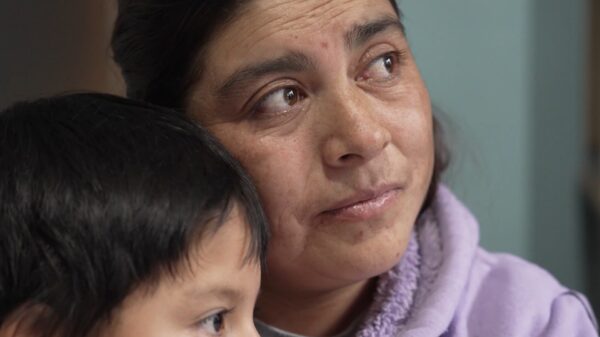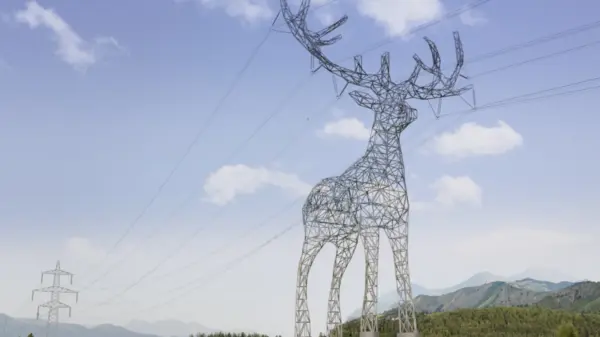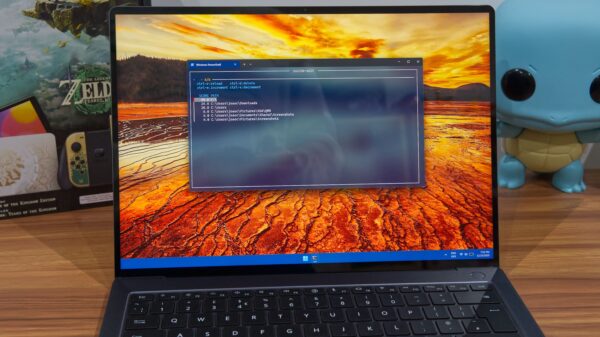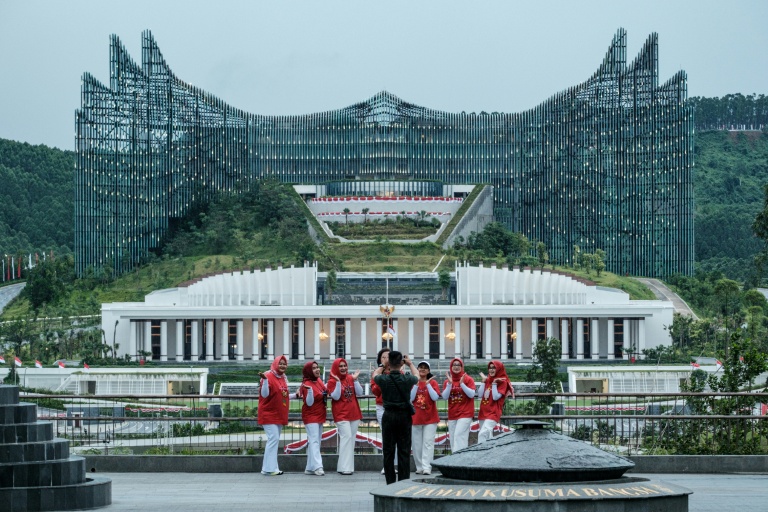UPDATE: Indonesia’s ambitious new capital, Nusantara, is grappling with severe setbacks just a year after its inauguration. The project, once celebrated as a transformative initiative by former President Joko Widodo, now risks becoming a costly failure, commonly referred to as a “white elephant.”
Construction has slowed dramatically, with the newly built avenues and striking presidential palace remaining eerily quiet. Current President Prabowo Subianto has slashed the budget for the project, reducing funds from 43.4 trillion rupiah (approximately $2.66 billion) in 2024 to just 6.3 trillion rupiah in 2026, despite the authority’s request for over 21 trillion rupiah for that year.
With only about 1,000 city authority employees residing in Nusantara compared to Jakarta’s 12 million residents, the target of 2 million inhabitants by 2045 appears increasingly unattainable. Observers note that Prabowo has shown minimal interest in the project, focusing instead on social mega-projects. “The political will on IKN right now feels muted,” said Dedi Dinarto from Global Counsel.
During his inaugural state of the nation speech, Prabowo mentioned Nusantara only once, raising concerns about the project’s future. Sources close to the construction have indicated that without significant funding and political backing, the completion of the capital remains uncertain. “I’m still 50-50 on it being finished,” an anonymous official stated, highlighting the impact of the budget cuts.
Originally launched amid enthusiasm by Jokowi in 2019, Nusantara was expected to alleviate the congestion and environmental issues plaguing Jakarta. However, only 800 of the planned 6,600 hectares have been developed for the core governmental area. “In Joko Widodo’s time it was very fast-moving, now in Prabowo’s time… it’s not as fast,” said Sofian Sibarani, the city’s designer.
Despite the challenges, Nusantara officials maintain optimism. Basuki Hadimuljono, head of the city authority, claims that the projects within the executive area are “97-98 percent” complete, asserting that Prabowo aims to relocate to Nusantara by 2028. “If you do not want to move here, or you have a doubt, it is your loss,” he emphasized.
Nevertheless, many government employees express hesitation about relocating to an unfinished city deep in the jungle, located around 1,200 kilometers (approximately 745 miles) from Jakarta. Yet, city employee Helena remains hopeful, stating, “the facilities we get are more than enough.” The city currently features three operational hospitals, coffee shops, and an airport awaiting commercial flight approval.
Tourists are drawn to the city’s striking presidential palace, designed to resemble the mythical Garuda bird. However, local businesses are struggling to survive amidst the lack of visitors. Snack seller Abduh Rajab reported a 60 percent drop in earnings compared to the Jokowi era, stating, “I have to stay optimistic. I hope the construction will continue.”
Experts warn that without renewed commitment and funding, Nusantara may drift further into ‘white elephant territory.’ “That means IKN will not see breakneck development anytime soon,” warned Dedi Dinarto. As political priorities shift, the future of Indonesia’s new capital hangs in the balance.
Stay tuned for more updates on this developing story.



